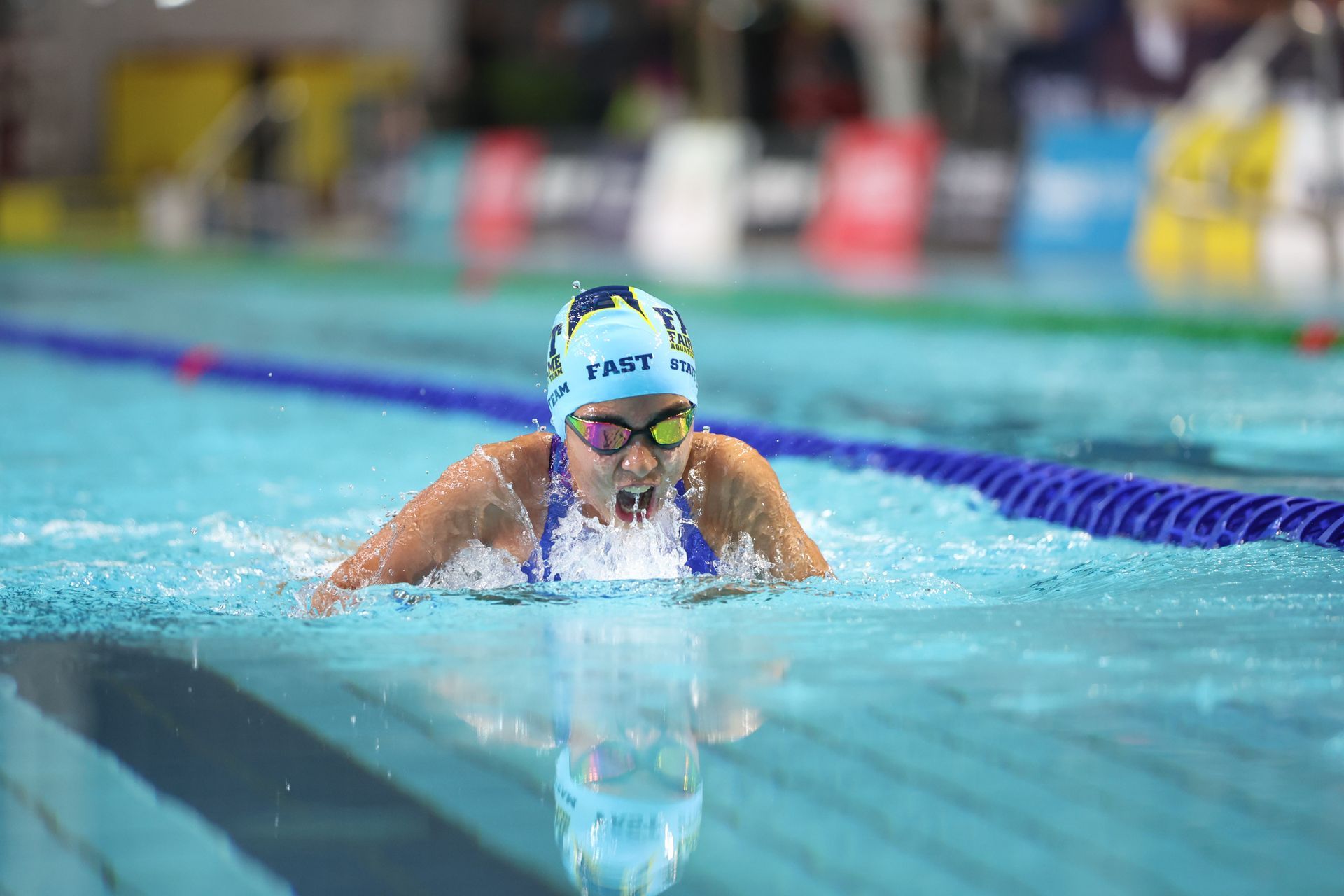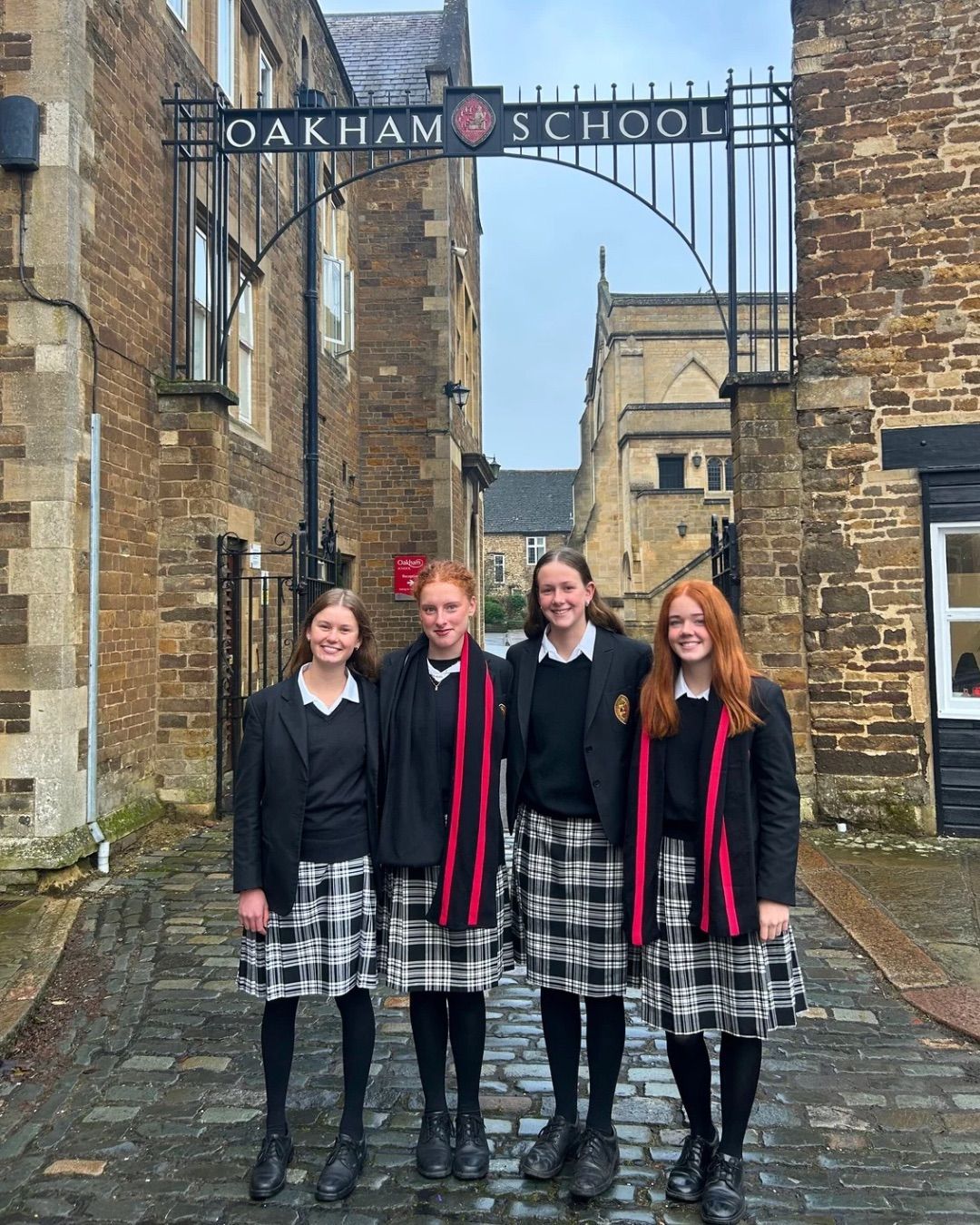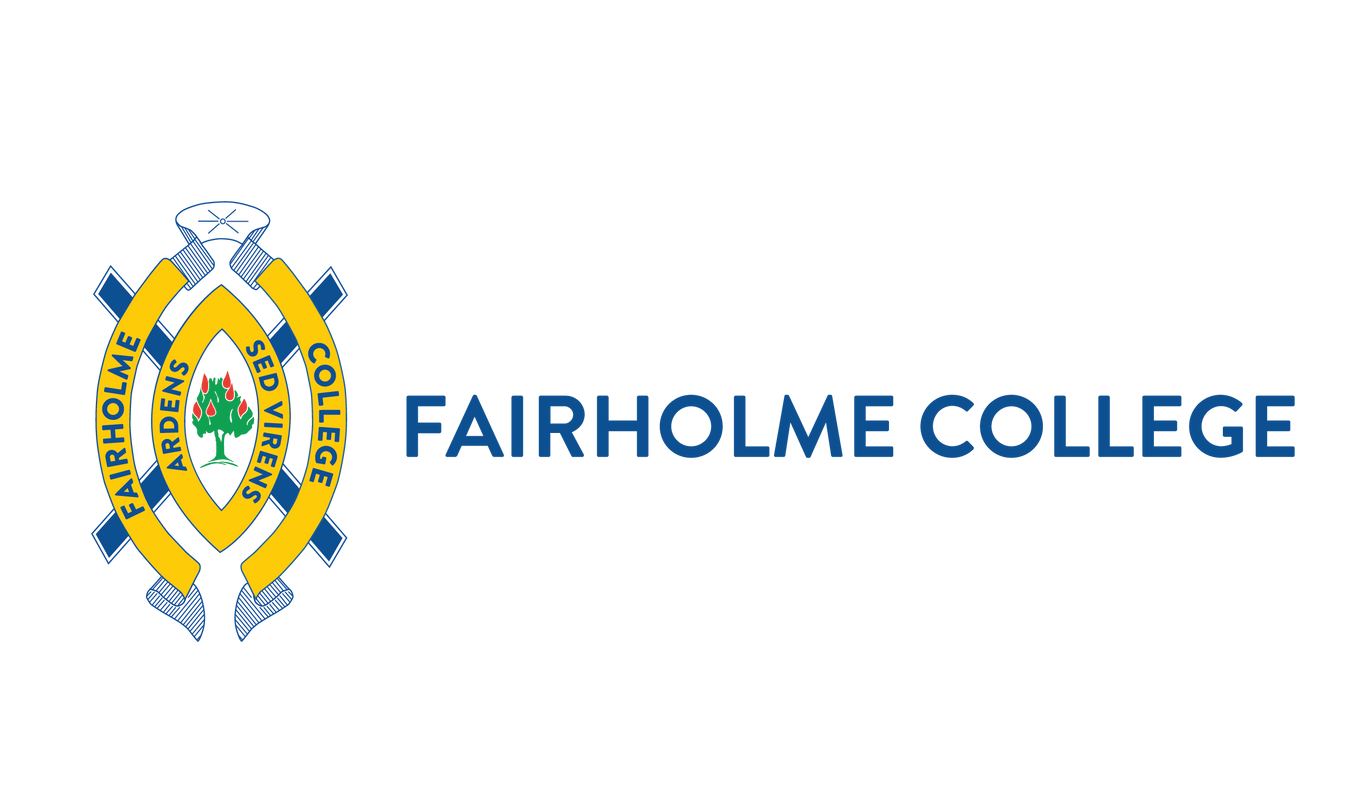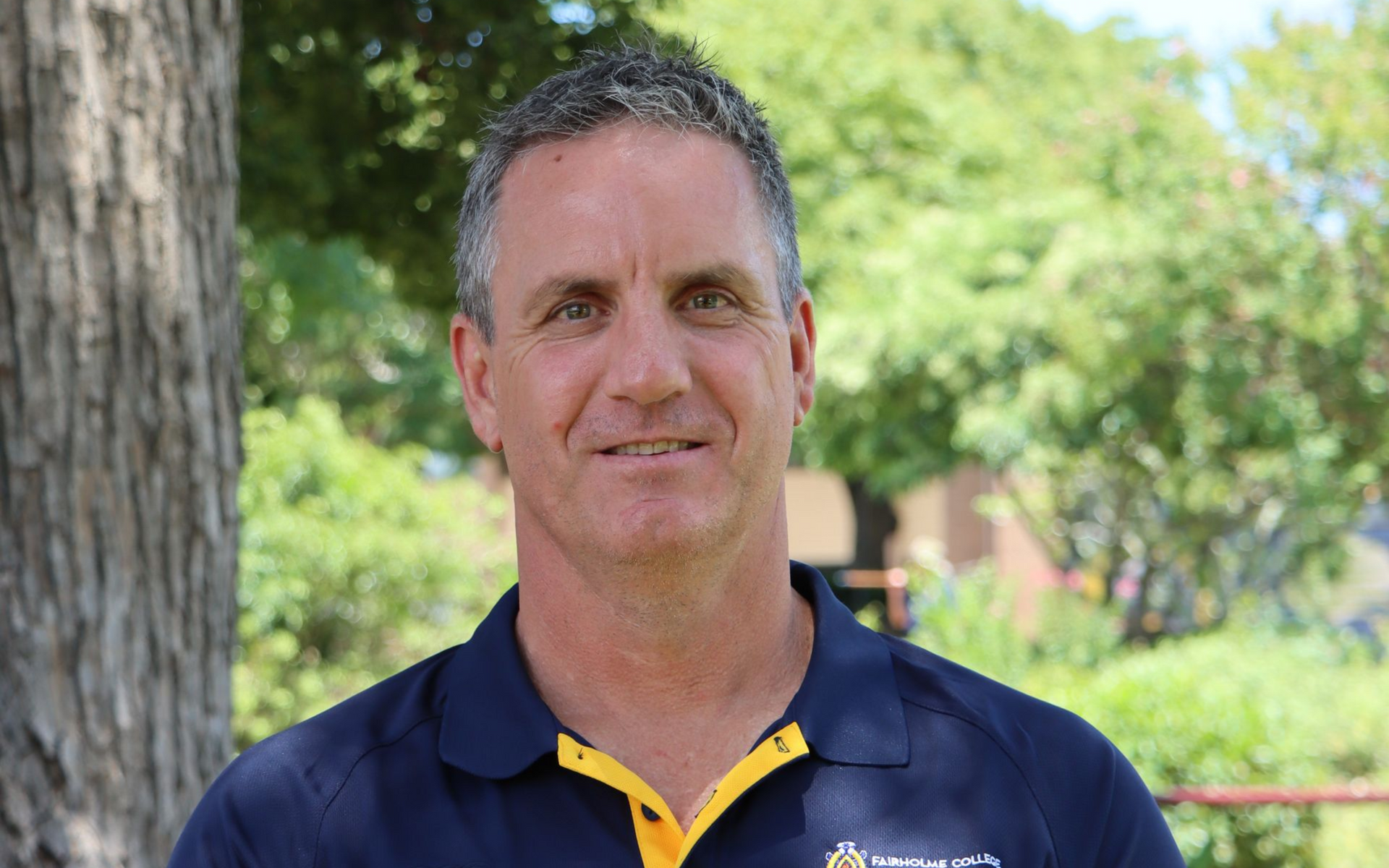Drop the rope
Adolescence is its own season: unique, complex, delightful, difficult … and everything in between. Within it, parents find themselves at one end of tug-of-war disputes when adolescents are pursuing risky behaviour, or making totally unreasonable demands, at other times they may sense the need to ‘drop the rope’ when their adolescent child is legitimately seeking their independence.
The trick is in knowing when to hold on and when to let go. Parenting demands both. It demands that we are attuned to the nuances of teenage or tween life, and able to respond appropriately. It demands more than is possible of us, on some days, and the demands don’t typically dissipate quickly. We are as parents, required to do our best, for some time, however that might look.
For those mums fortunate enough to hear Michelle Mitchell speak at the ‘Tweens’ luncheon on the last day of term, you may well have noted some of her wisdom around parenting through your daughter’s life challenges. A few of her truisms have stayed with me, the greatest echo has been her statement around ‘dropping the rope.’ What a glorious moment that can be when you choose to stop the tussle. If we are honest, and parenting requires its own confronting brand of honesty, doesn’t it, we can find ourselves in a tug-of-war situation in the most trivial of circumstances. The trick is knowing when to hang on to the rope, and when to let go.
We can hold our ground, dig our feet in and draw on the rope of insistence with formidable determination. Retrospect may, at times, pose an interesting question – Why? Why fight the unwinnable? Why fight the insignificant? At other times, we hold on with impressive resolve, because we are required to, because the tug-of-war is about your son or daughter’s need to know that you are in this relationship for the long game and you as the adult, will not concede when it matters, when it really matters. Your adolescent does want to know that you believe that they are worth fighting for, irrespective of the circumstances. In 2015, parenting blogger, Gretchen Schmelzer published a piece entitled, ‘The Letter your Teenager Can’t Write to You.’ It is worth reading – the link is in the reference section. Schmelzer writes a letter in the voice of a teenager: a feisty, fighting, difficult teenager who wants to argue about everything and nothing, but who also wants to know that their parent is playing the long game. That their parent won’t give up, won’t drop the rope. She writes:
And this particular fight will end. Like any storm, it will blow over. And I will forget, and you will forget. And then it will come back. And I will need you to hang on to the rope again. I will need this over and over for years.
So, when do we hold on, when do we drop the rope, when do we simply say, NO? If it were only that easy to know. I once listened to a great radio segment on the judicious use of NO. The guest speaker – an adolescent psychologist affirmed, that in his view, we only have a few big Nos in our repertoire. There are only a few times when we really need to pull out the BIG NO, the definitive no, the one that matters a great deal to our daughter’s safety, our values, and our peace of mind. Nonetheless, we must also be judicious in its use, because ‘there are only so many times you can say NO’ (McCoy) and maintain a workable relationship.
David Palmiter, a clinical psychologist and professor at Marywood University in Scranton, states that parenting a teen is inherently stressful, even in the best scenarios (cited in Neighmond, 2014). The parent who tells you that their adolescent daughter is always even in temperament, accepts your every word, and happily follows every direction you set – without challenge, either is not being truthful, or their daughter has not yet begun the path to independence that will allow her to become a functioning adult in the future. Palmiter (cited in Neighmond, 2014) offers some reassurance. He says that the challenging, questioning and sometimes patronising manner of our adolescents is in fact ‘healthy’ and may well mean that you are doing things right as parents. Yes, even when it feels otherwise …
At some point, your daughter will depart from the established family narrative, at which time rope -holding or rope-dropping will be called for, because she will, “pick up [her story, the one you have crafted with love and great care] and turn it over in her hands like some dispassionate reviewer composing a cold-hearted analysis of an overhyped novel,” (Cusk, 2015). You will wonder where that easy, compliant, born-to-please child has retreated to, perhaps you may come to realise that the beginning of this new season is about your daughter developing her own narrative, not simply absorbing yours – no matter how meticulous its construction has been.
Hold on, let go, say ‘no’ … endure the tug-of-war moments, drop the rope when the moment demands it – be prepared to vacillate between all three, because this is the season that requires you to do so. “Know that [even when it is hard] you are doing the most important job that anyone could possibly be doing for [them] right now,” (Schmelzer, 2015).
‘For everything there is a season, and a time for every purpose under heaven…’ (Ecclesiastes 3:1).
Dr Linda Evans | Principal
REFERENCES
Cusk, R. (2015). ‘Teenagers: what’s wrong with them?’ The Australian. April 25, 2015
Neighmond, P. (2014). ‘Want More Stress In Your Life? Try Parenting A Teenager’, July 16, 2014.
Schmelzer, G. (2015). ‘The Letter Your Teenager Can’t Write to You.’
More News…
